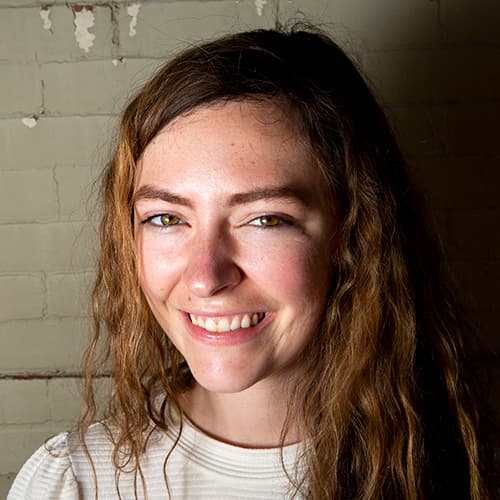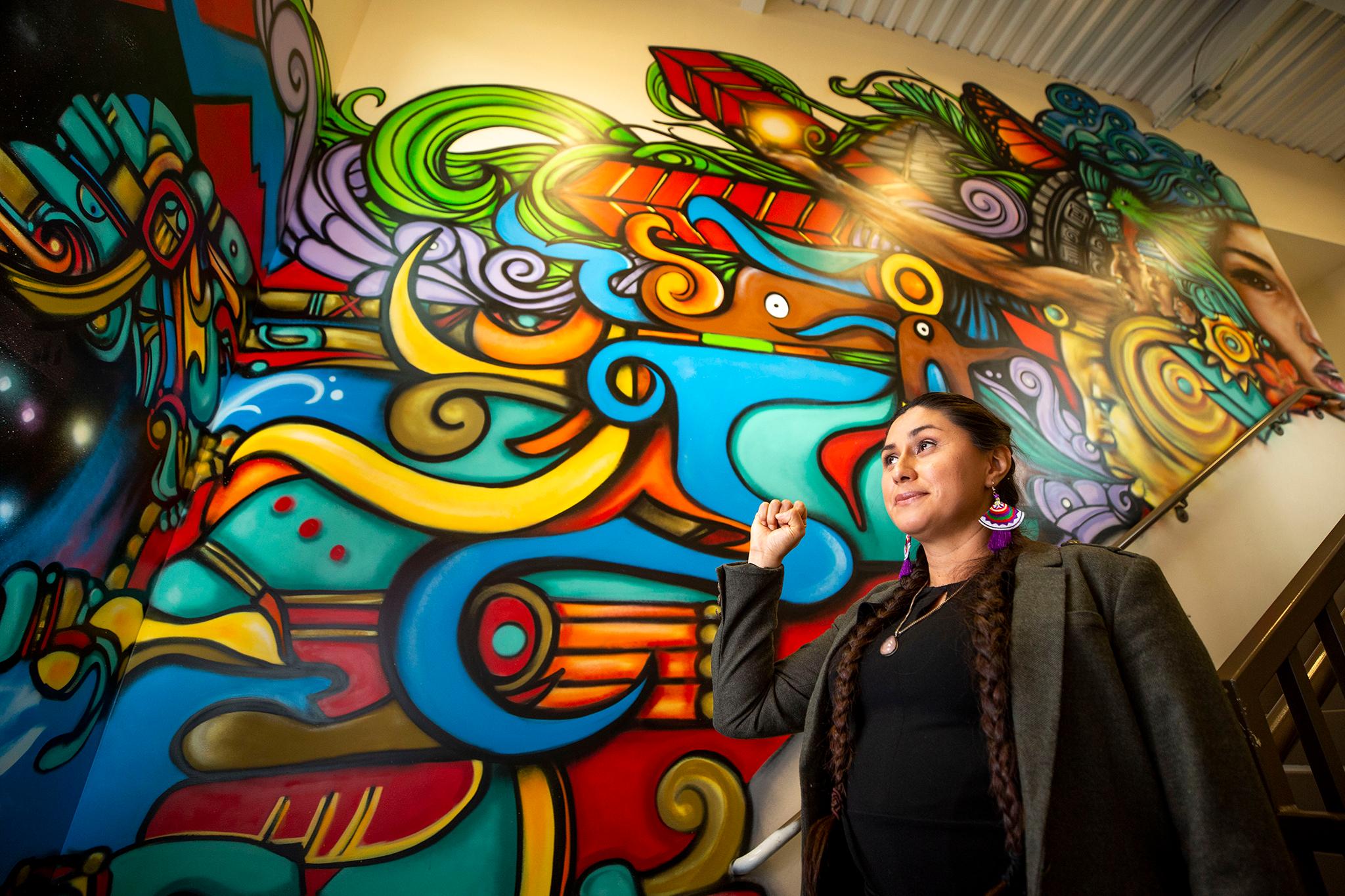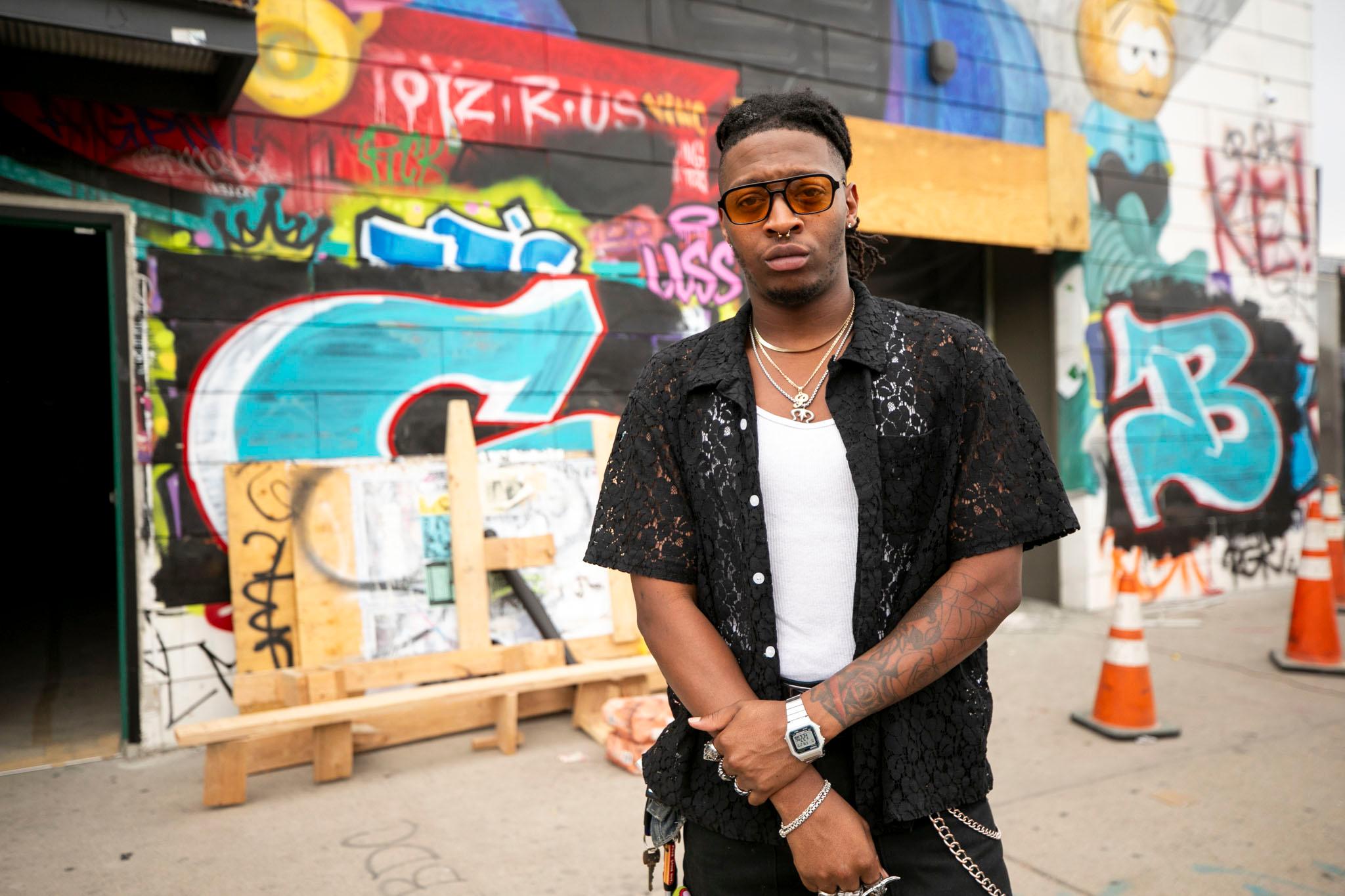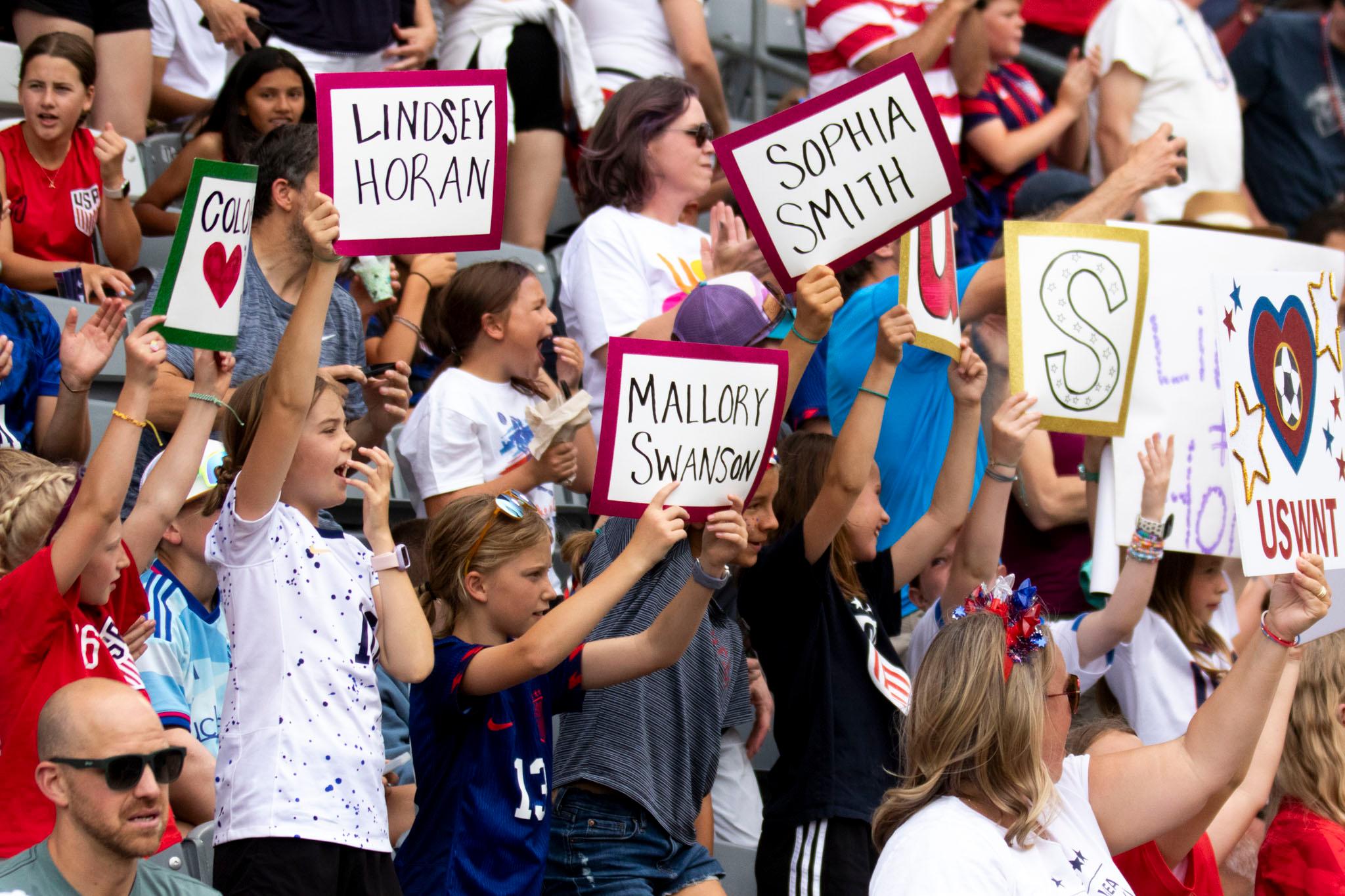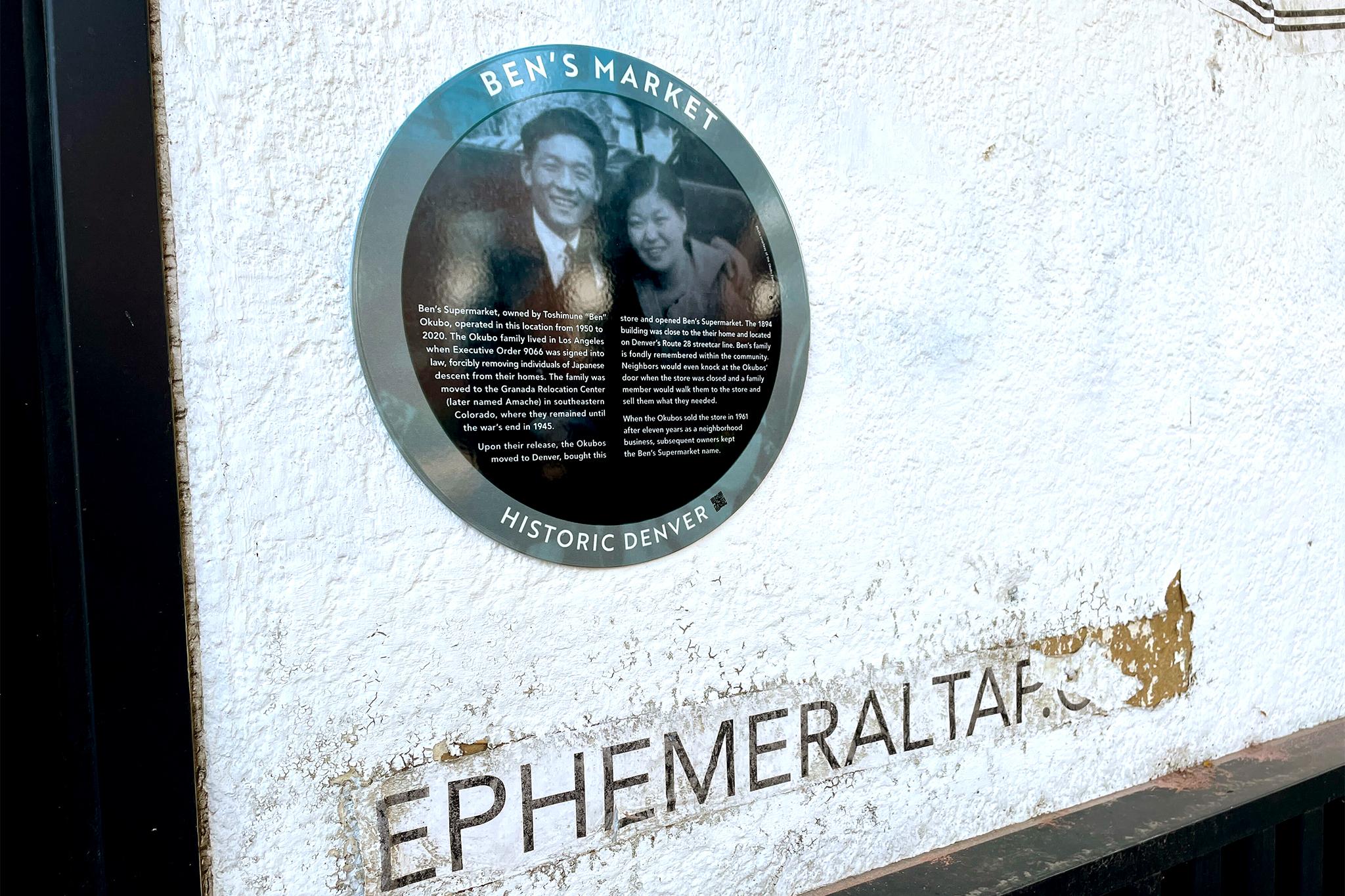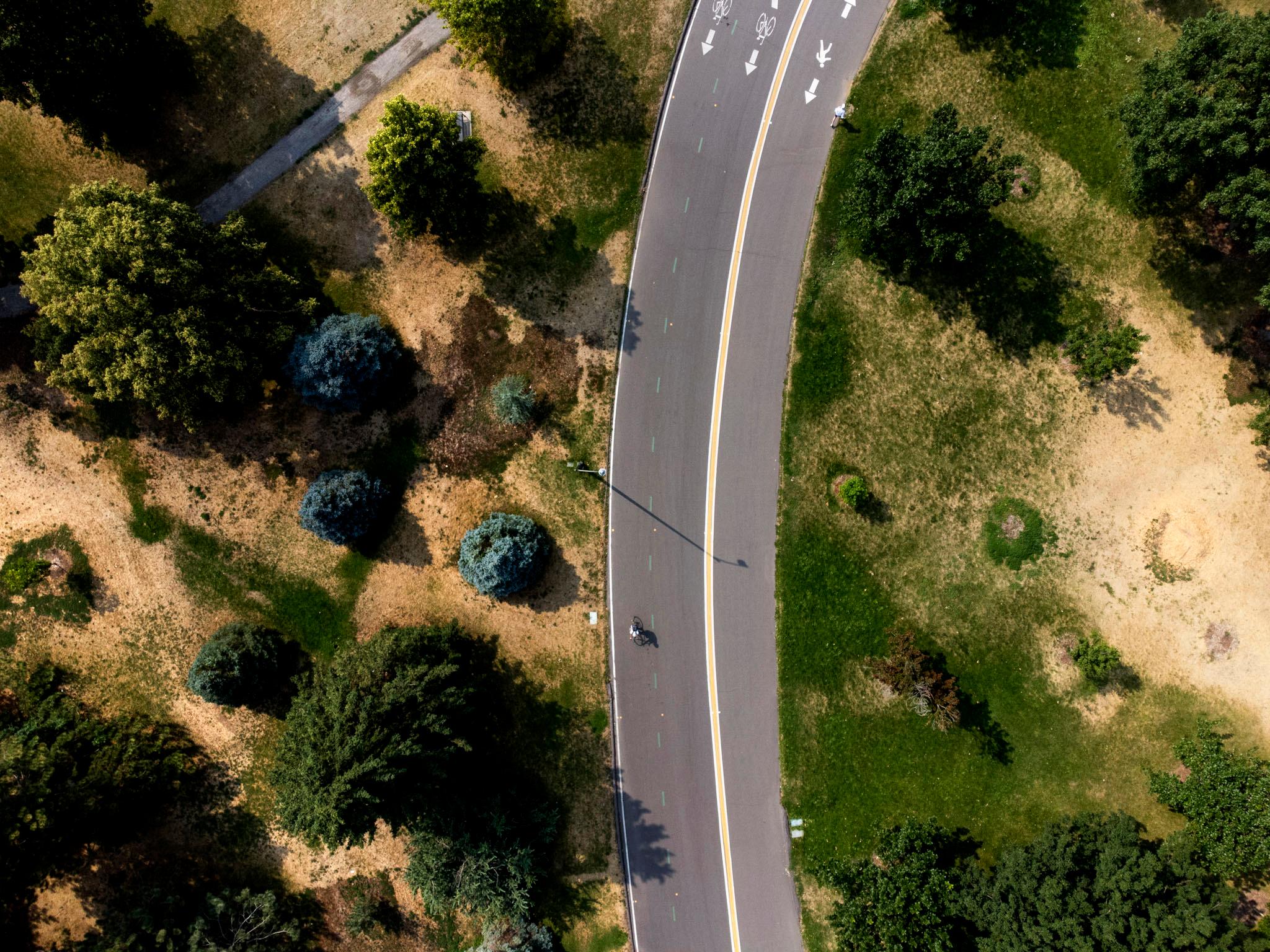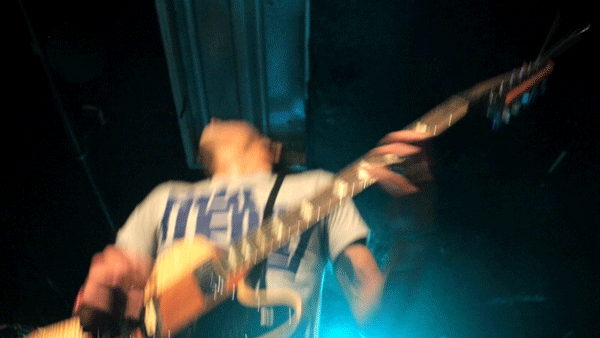A talented young artist is about to get a ton of exposure in the metro area.
A new art contest run by Servicios de La Raza is inviting artists of color between the ages of 12 and 19 to submit artwork to help motivate Latino and Chicano youth to get their COVID vaccine. The winning artist's piece will be featured on bus ads across Denver and Aurora, and be displayed alongside a QR code, which will link to vaccination information and resources. The winner will also receive a $1,000 prize.
Servicios de La Raza is a health and human services organization that provides mental health services to Denver's Spanish speaking community. They also offer vaccine clinics in Denver and rural communities.
A big part of that is making sure messaging intended for youth is delivered by youth. Servicios offers a program called the La Raza Youth Leadership Institute, where Latino students meet weekly to gain leadership and professional development skills. The art contest is run by a subcommittee made up of recent alumni of the Youth Leadership programming, giving them a chance to put their leadership skills into action. Students on the committee organized the contest, created the fliers, and are now connecting with schools to encourage kids to apply. Some schools have even worked the contest into their lesson plans.
"Those that are directly impacted by any issue should be the ones at the forefront leading," said Leadership Committee board member Jenny Santos. "As adults, we're allies to assure that that message and that space is created, and that we're honoring their development and their leadership in that way."
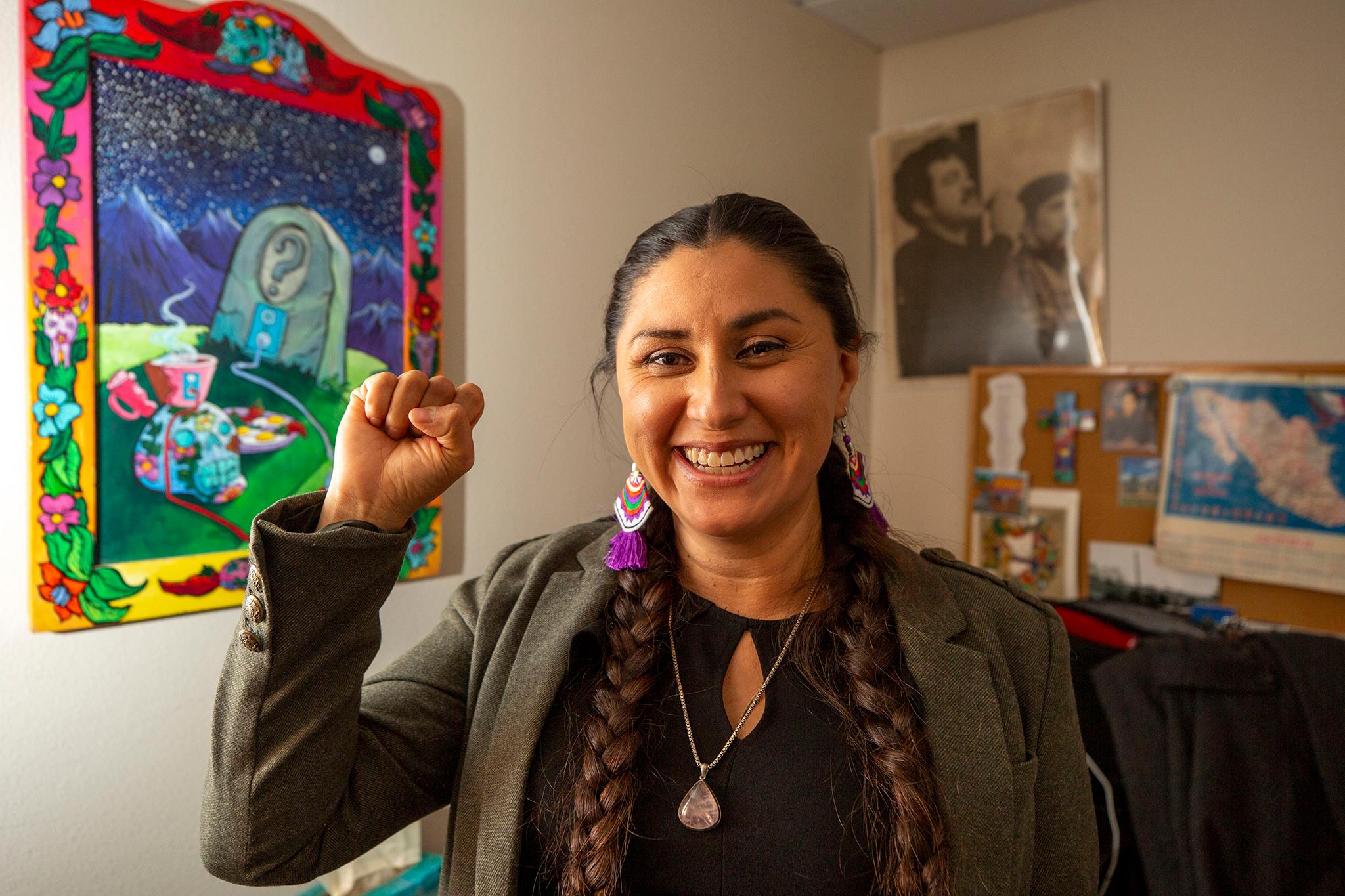
According to data from the state health department, Colorado's Hispanic population has the lowest vaccination rate.
"Everybody's kind of tired of hearing about COVID vaccinations. We get it," said James Gillespie, Servicios de La Raza's director of development. "But not a lot of people have put out information on how to get vaccinated if you're Latino or Latina."
There may be a number of barriers preventing folks in Denver's Latino communities from getting the vaccine. People who work hourly jobs, for example, often don't have the luxury to step out to run an errand or get a vaccine during their shift.
"I think something that a lot of people don't understand is, throughout this pandemic, we've had amazing frontline workers that don't have the benefit of working from home," Gillespie said. "The reality is that many of the clinics that were offered throughout Colorado were offered during traditional business hours when everybody else was working. Where were those clinics that were evening clinics? Where were those clinics that were on the weekend? Where are those clinics that go out into rural areas?"
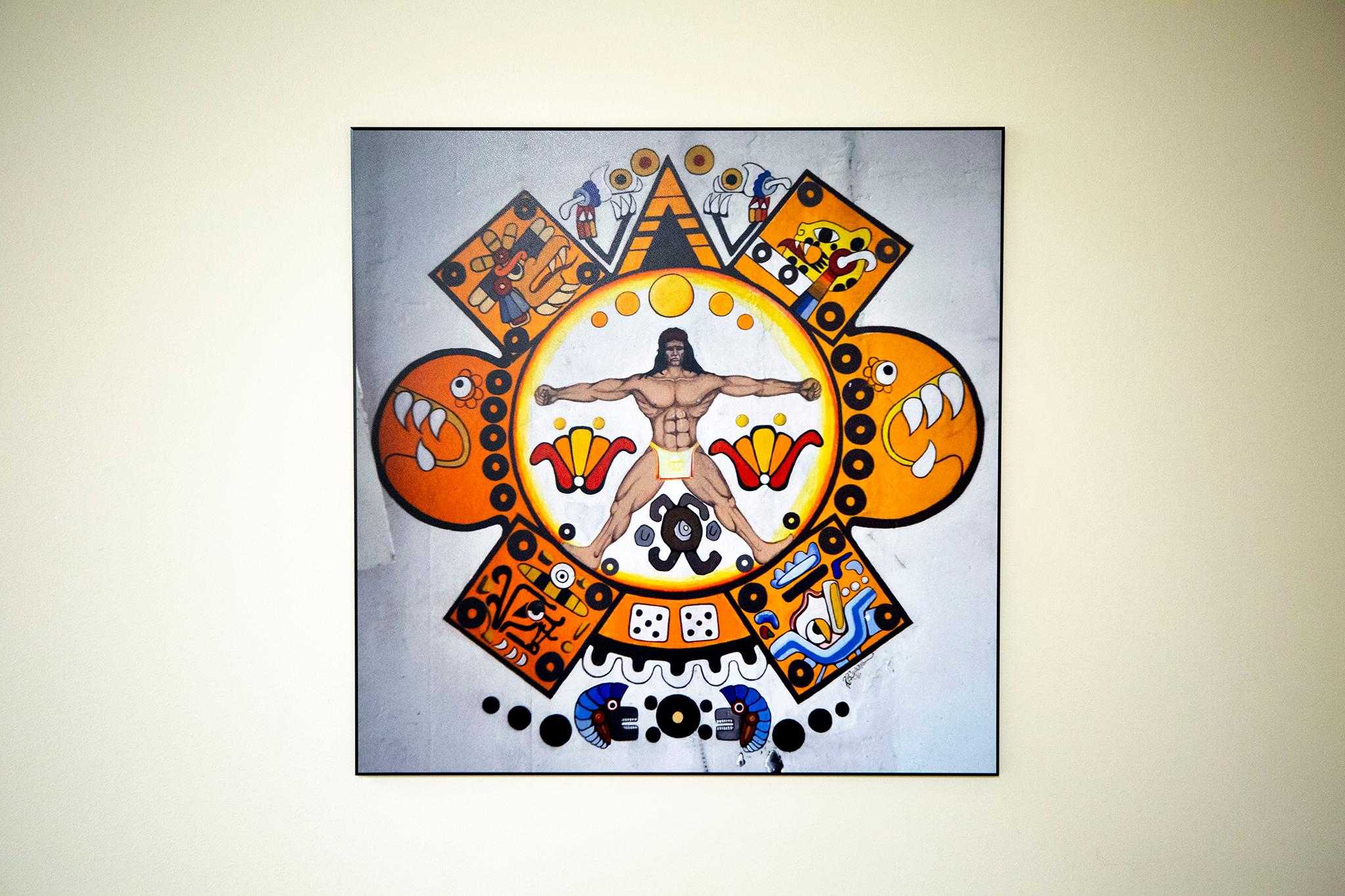
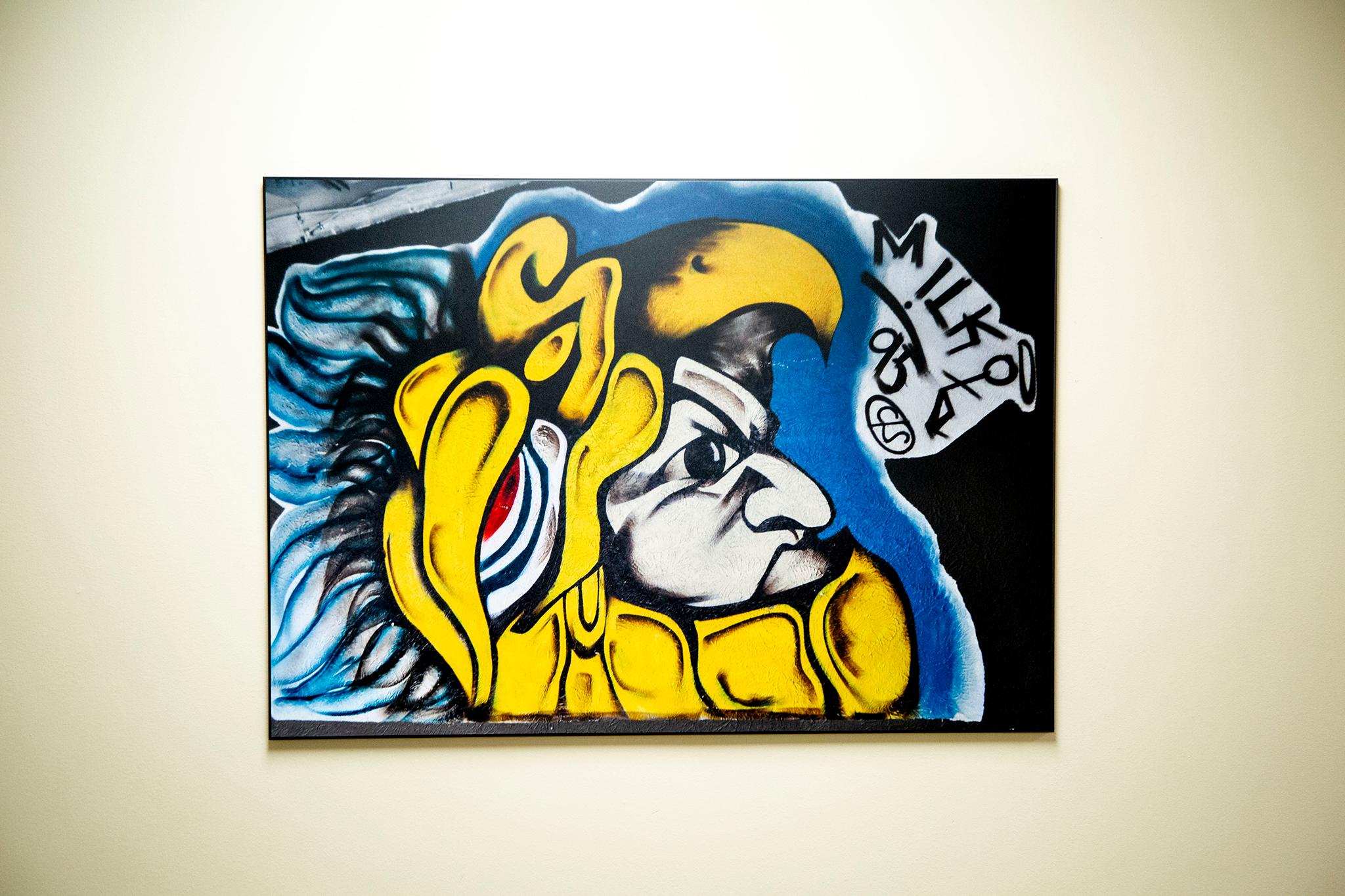
Another barrier is language. Monolingual Spanish speakers in Denver may have a harder time accessing information about vaccines and getting their questions answered. Gillespie said some folks also might harbor some distrust of institutions. For example, Coloradans who haven't gotten their residency might worry about how they'll be treated in healthcare settings.
"Why should I trust these big systems of care, especially if I'm an immigrant or refugee," Gillespie said. "You're going to deport me, you're going to report me, you're going to take my children away, you're going to put me in jail. So a lot of fear around, if I don't have that residency status, what's going to happen?"
To address some of these barriers, Servicios offers free evening and weekend vaccination clinics in Denver, as well as a travelling vaccination service that stops in rural parts of Colorado. Providers speak Spanish as the primary language, and English if need be.
The winning artwork will be displayed publicly on bus ads to help get the message out to Denverites who might not have access to TV or the Internet.
Gillespie said they worked with the agency Outdoor Promotions to select bus routes that reach lower income areas and areas with large Latino populations.
"Art is just a very equitable vehicle," Gillespie said. "You might not be able to afford a ticket to the Denver Art Museum. But you could walk past this bus ad and be touched and relate to what you're seeing."
He says art, as a subjective medium, can transcend the equity disconnect in conversations about vaccination.
"Art is an expression of what's going on around you," he said. "[People] can see that in the color, they can see that in the texture, they can, and what happens is they have the opportunity to see themselves."
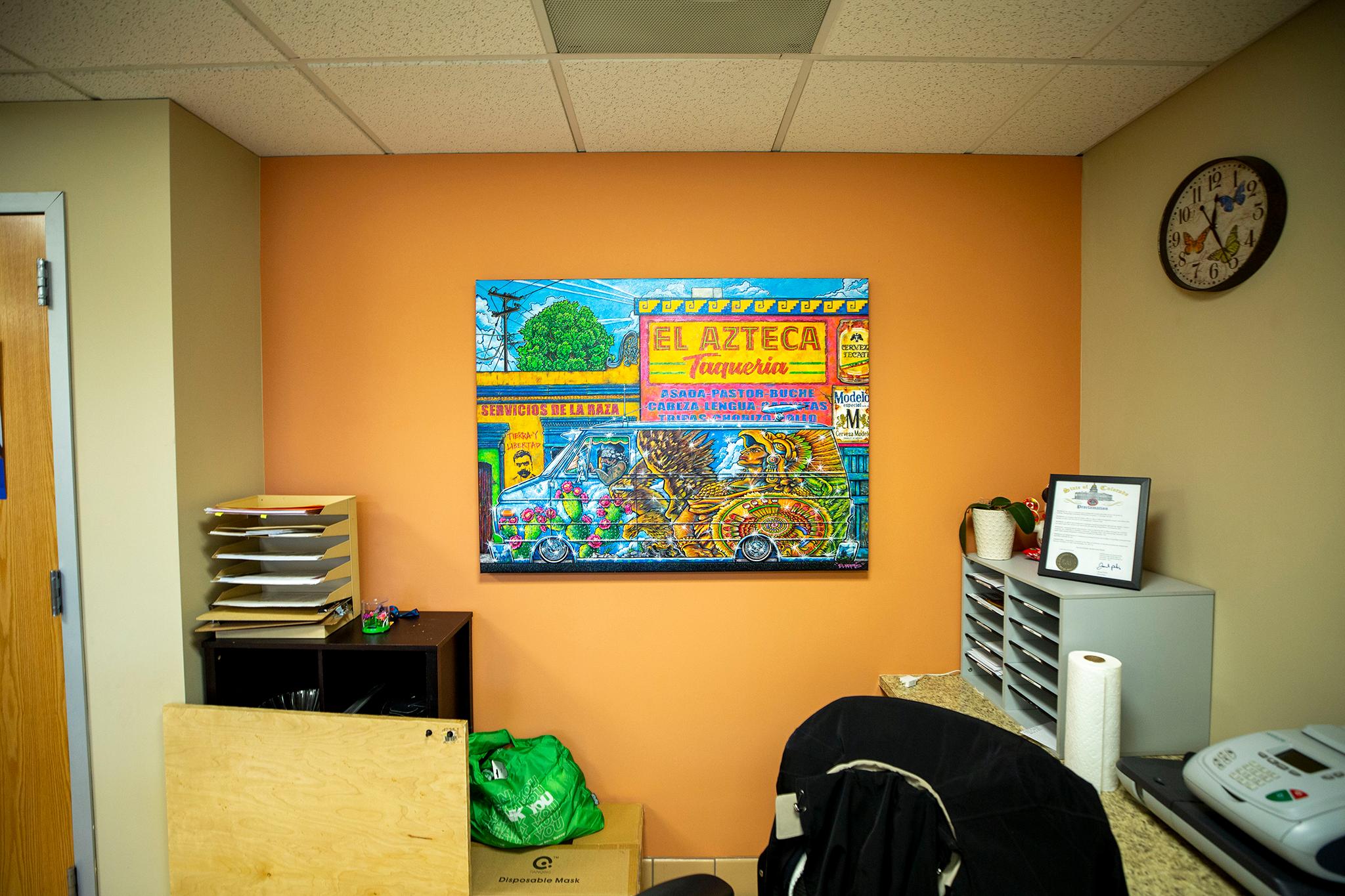
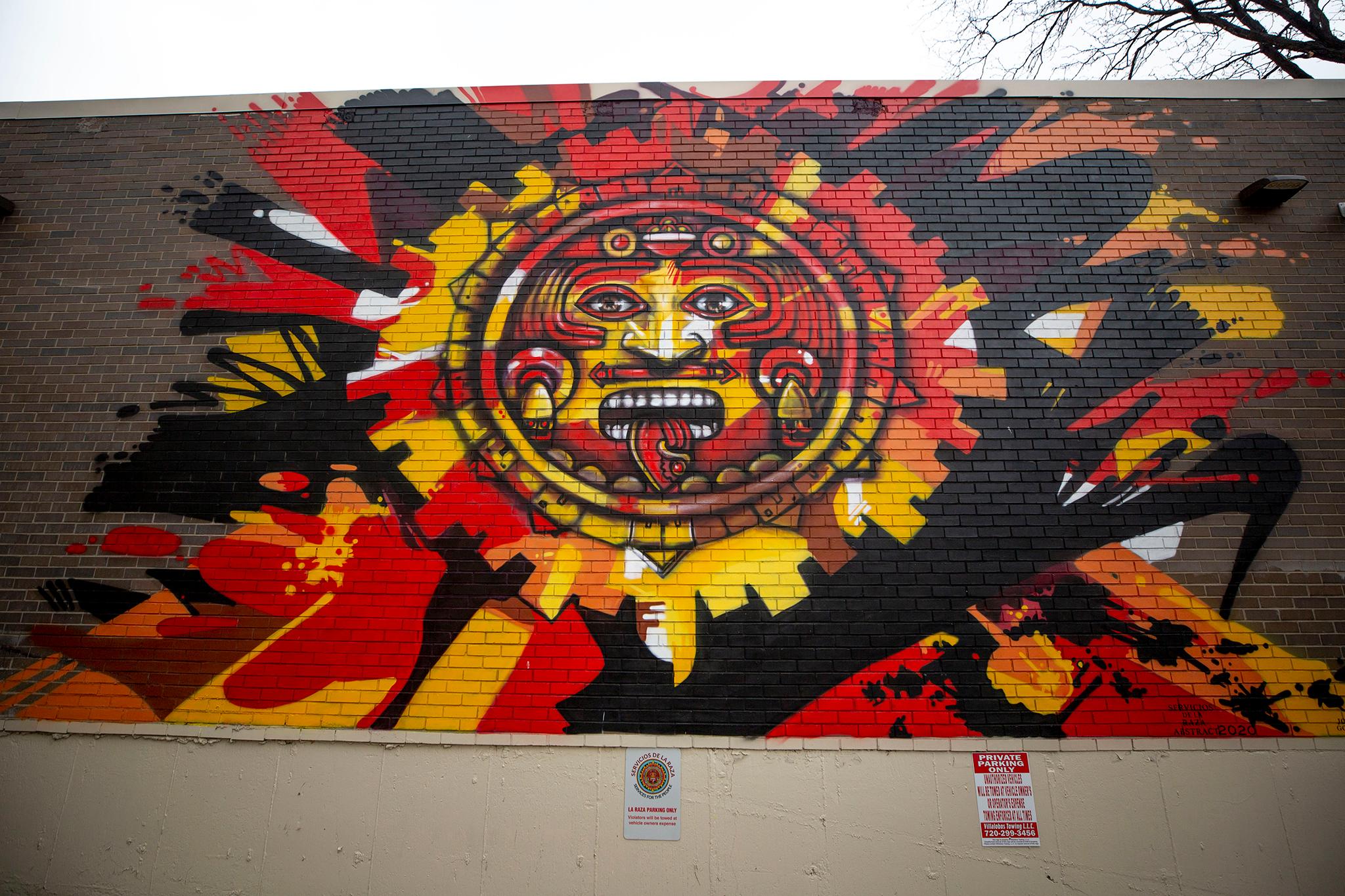
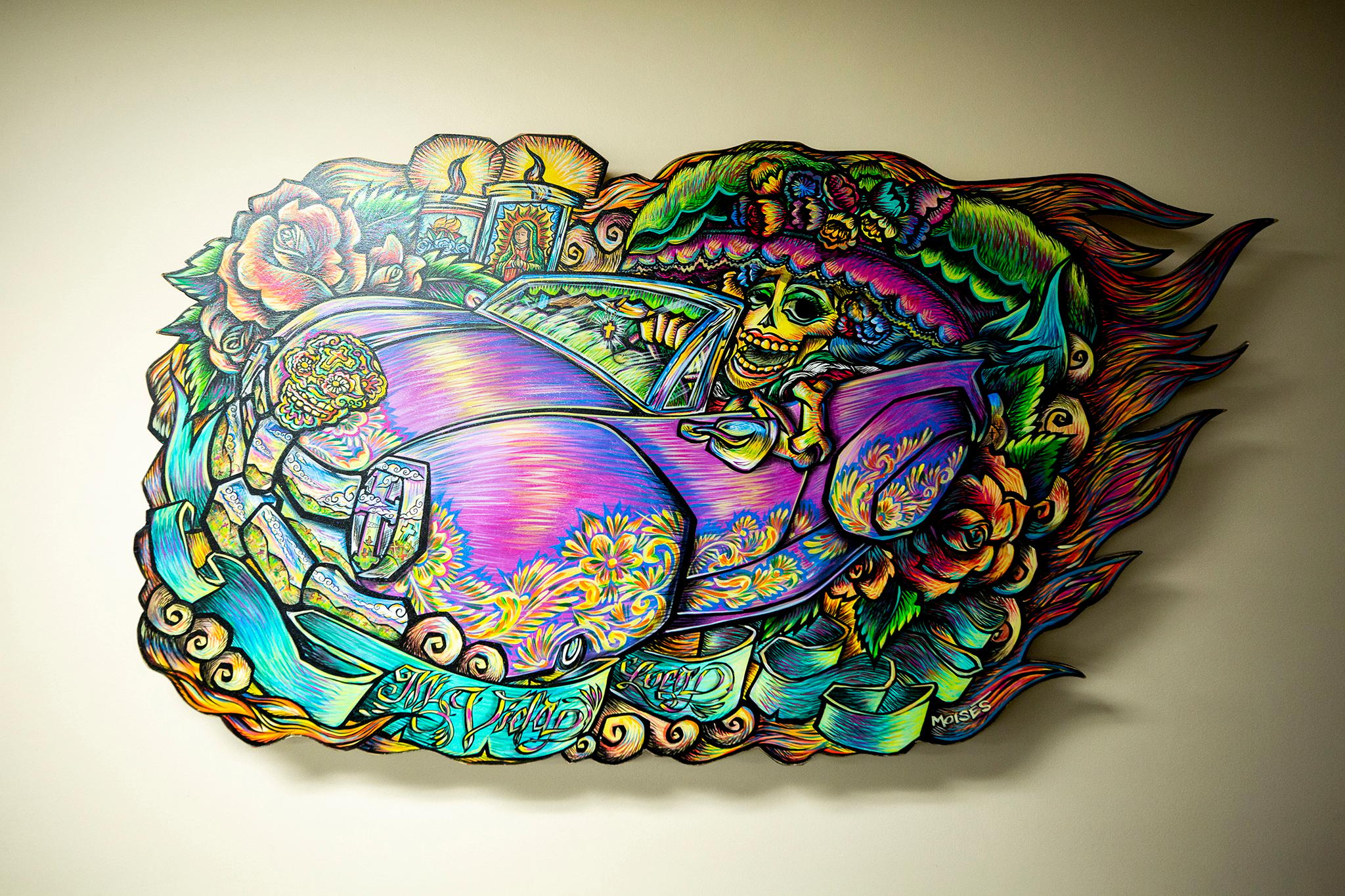
Santos said spreading messages publicly through art is part of a long cultural tradition.s
"We use art to heal, and educate, and to share the narrative of the times," she said, noting that art has been used to spread messages in different movements over the years, like the feminist, Chicano and Black Panther movements. She said that tradition goes back even further.
"In this hemisphere, we've always always had our ancestral people put their art and their message and their stories on the walls, in the temples, in the Mayan temples and, you know, different places," she said. "And so using art to express and to convey a message has been a continuous action, not just within our community, but all communities in one way or another."
Art contest submissions are due Feb. 14. The winning artist will be chosen Feb. 19. You can click here to learn more about how to enter.
